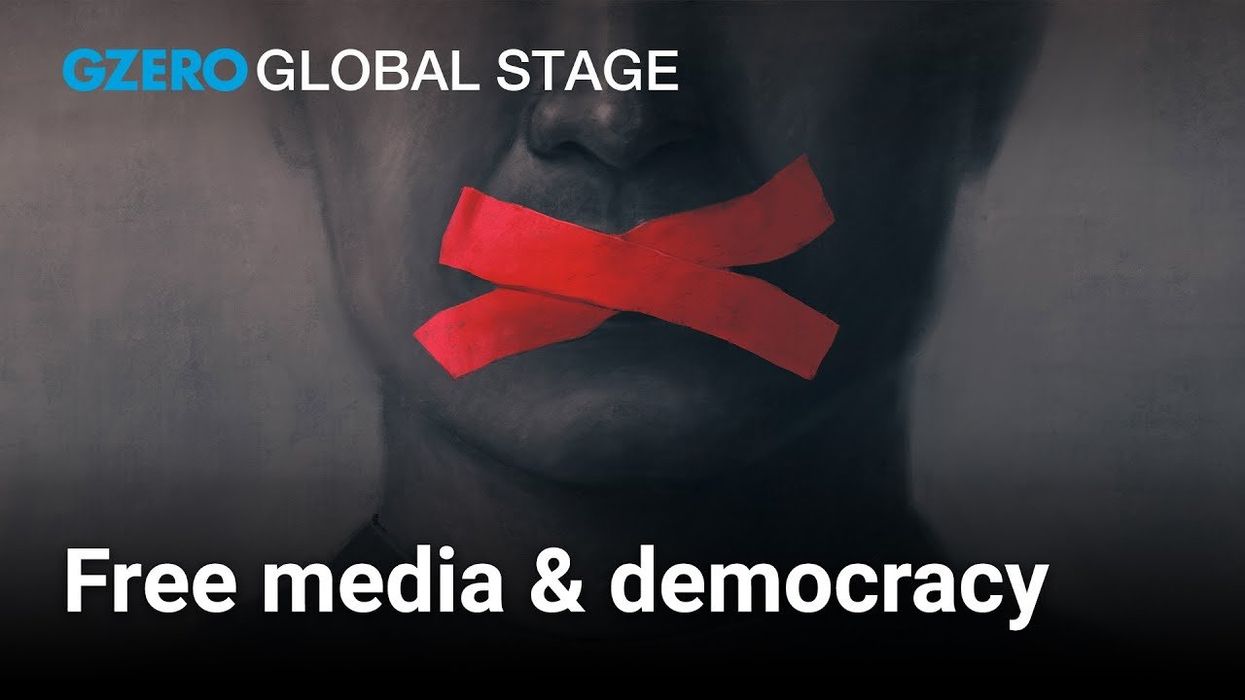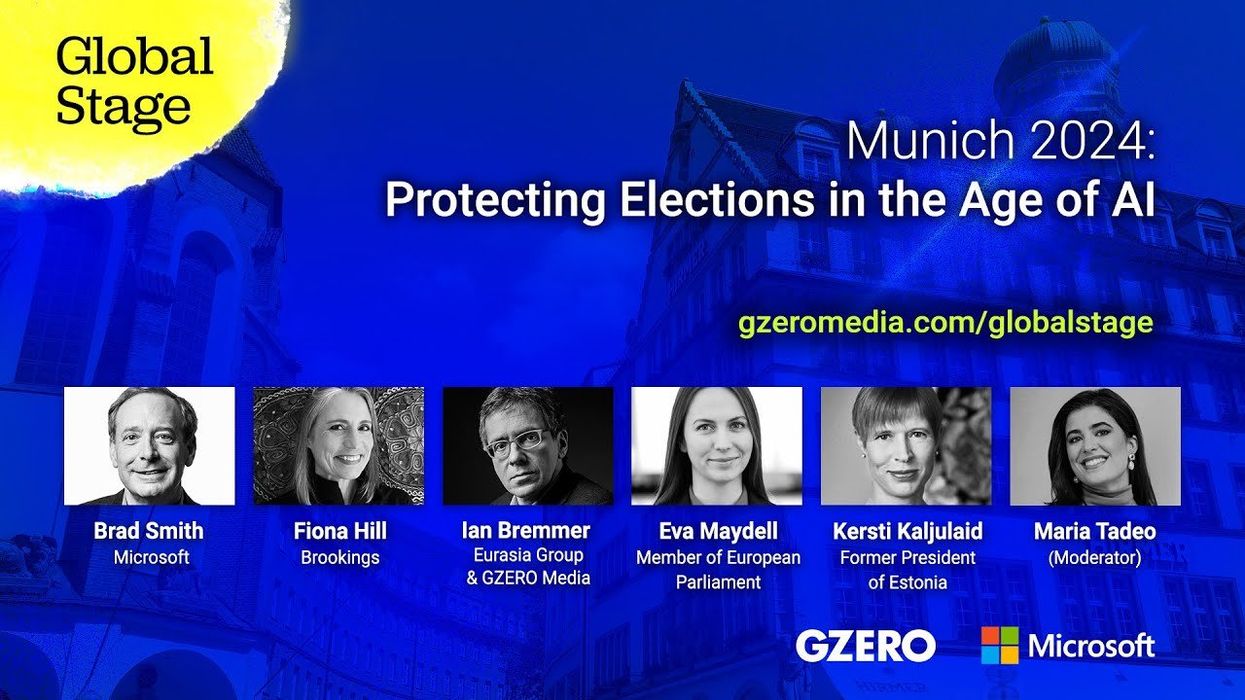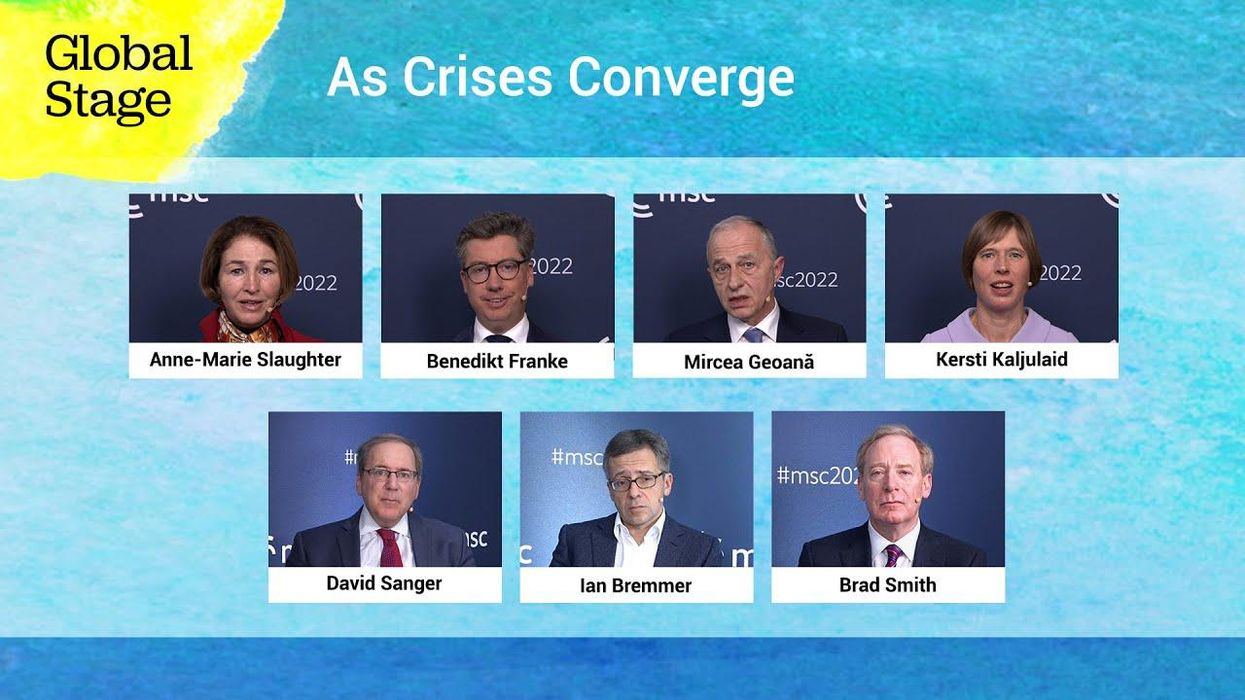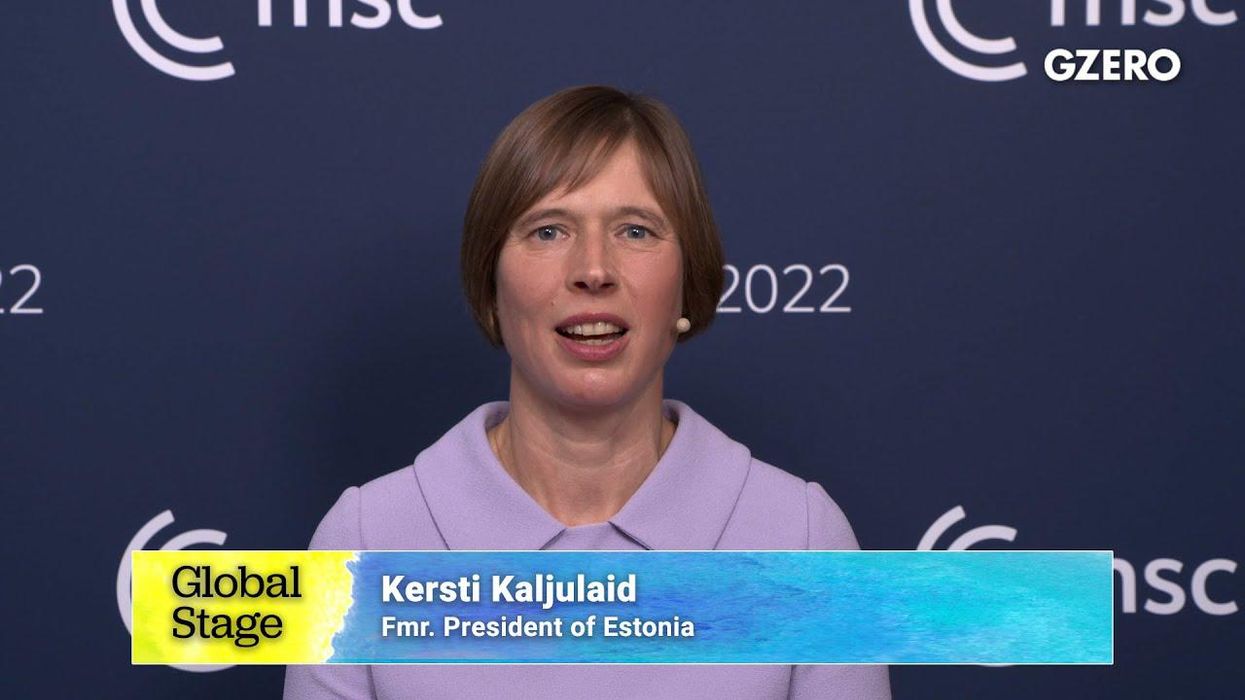Digital Governance
Protect free media in democracies, urges Estonia's former president Kersti Kaljulaid
In recent years, numerous reports and studies have emerged warning that democracies around the world are backsliding and autocracy is on the rise. A free media could be the key to reversing this trend, according to former Estonian President Kersti Kaljulaid.
Mar 03, 2024




